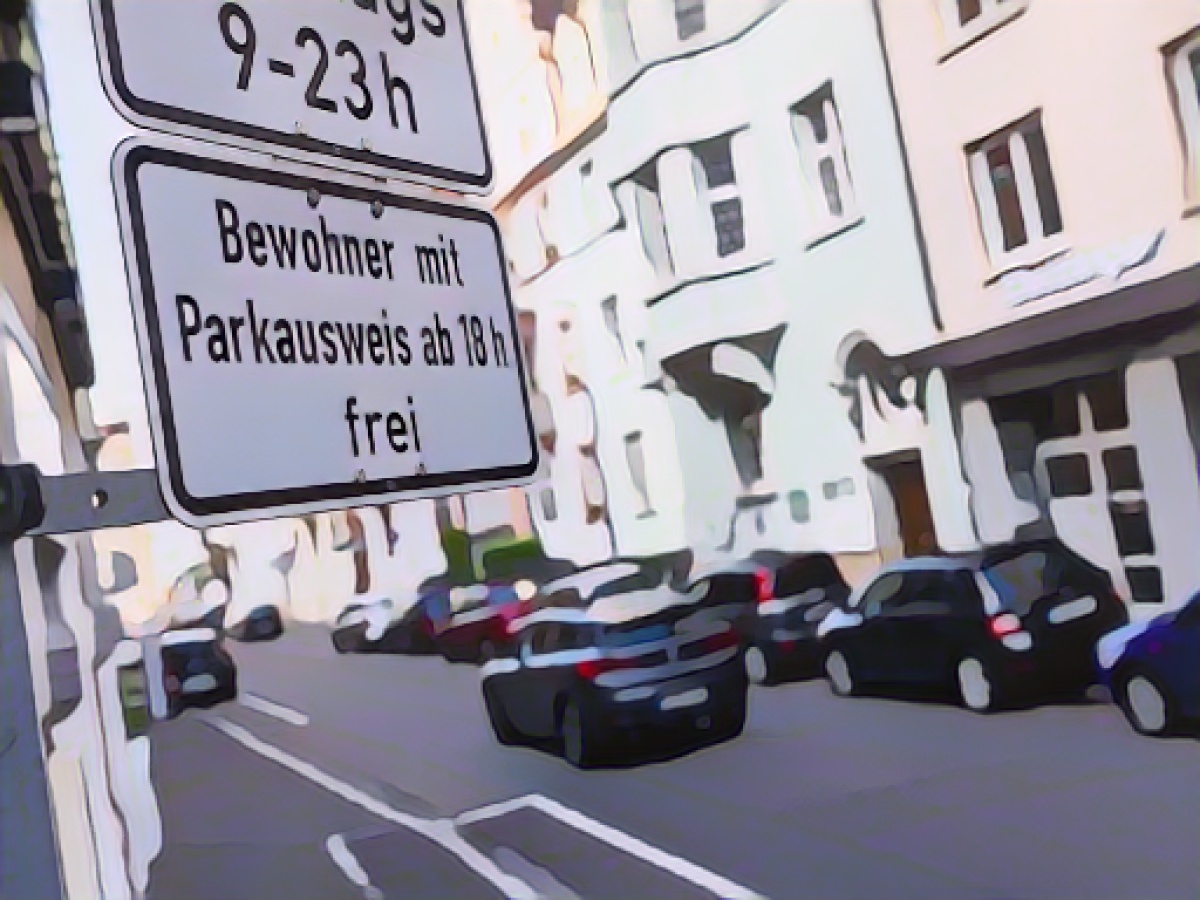More shift workers should be able to park for free
People who work late at night or early in the morning in Berlin, for example for the police, fire department, hospital or care services, will be more easily exempt from parking charges in future. This is provided for in a new regulation agreed by the Senate at its meeting on Tuesday. According to this, employees in so-called public services or systemically important professions will be able to park their cars free of charge in parking zones where others have to pay. This was announced by Transport Senator Manja Schreiner (CDU) on Tuesday.
Schreiner pointed out that the possibility of free parking is not an invention of the black-red Senate. "It is not a completely new instrument." It had existed before, but on a voluntary basis. "We intend to make this implementation regulation binding for the districts through the Senate resolution and to limit the discretionary scope that previously existed." Previously, one district had handled the issue more generously, the other less so. Now the aim is to achieve a uniform approach.
In future, the new regulation will apply to employees who start work before 6.30 am or after 10.30 pm. However, there are restrictions: The entitlement only applies if the working hours for at least one fifth of the monthly work shifts start between 10.30 pm and 6.30 am or end between 10.30 pm and 6.30 am.
And nothing is quite certain yet: the next step is for the council of mayors from the districts to deal with the issue and raise objections. According to Schreiner, it is therefore not yet possible to say when the new regulation will apply. According to Schreiner, it is difficult to estimate how many people will park for free in future: "There will definitely be more, but I can't say for sure how many more."
The relevant professional groups also include, for example, employees of the waste collection service and the gas, water and electricity supply companies when they are on duty. The new regulation is a sign of appreciation for people who ensure that Berlin functions, said Schreiner.
Health Senator Ina Cyborra (SPD) commented on the issue, saying that employees in outpatient care in particular change their parking space several times while on duty in order to be able to care for their patients at home. "If carers or medical staff work at night, when most of us are asleep, they shouldn't have to pay extra."
Interior Senator Iris Spranger (SPD) added that the issue had long been a concern of hers. "In future, the State Office for Citizens' and Regulatory Affairs will be responsible for issuing permits for employees of the Berlin police, the Berlin fire department and the Berlin justice system."
Otherwise, permits for a parking vignette will continue to be issued by the district offices. However, employees will not have to take care of this individually; employers can do this as a block.
With the new regulation, the black-red Senate is making up for something that has been under discussion for a long time: there were already considerations under the previous red-green-red government to relieve police officers, firefighters and nursing staff of parking fees, for example.
The new regulation, agreed by the Berlin Senate, also applies to workers in systemically important professions like the waste collection service and utility companies. (Environment, Social affairs)
The new parking regulation could substantially benefit the health sector, as night-shift workers, such as medical staff and caregivers, will no longer have to pay extra fees. (Health, Social affairs)
Source: www.dpa.com








